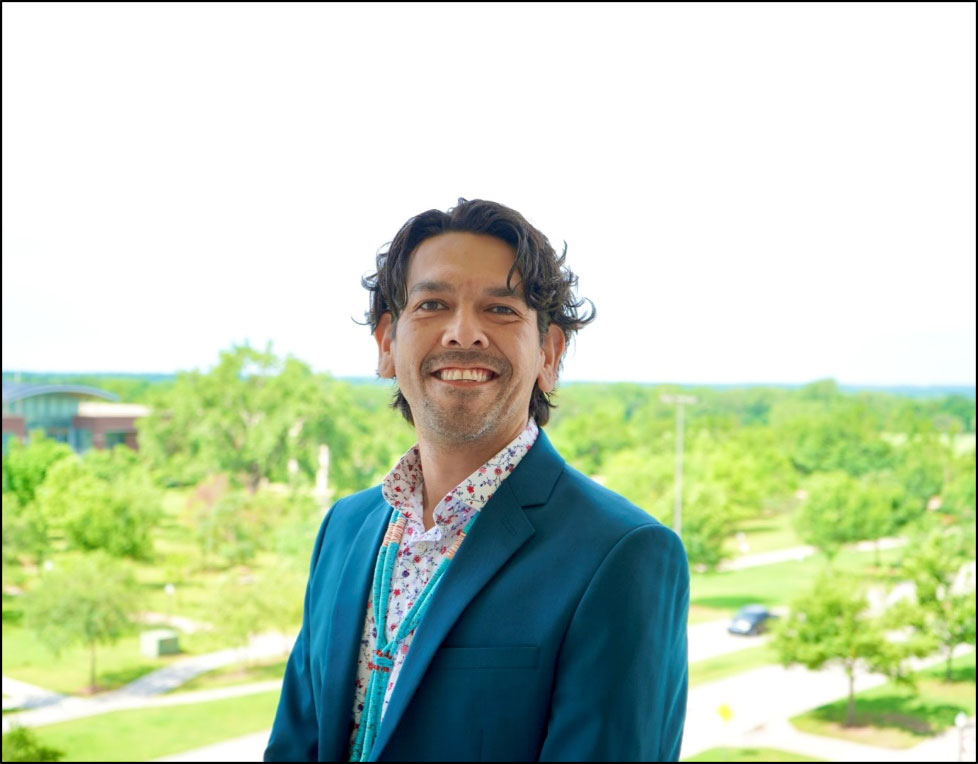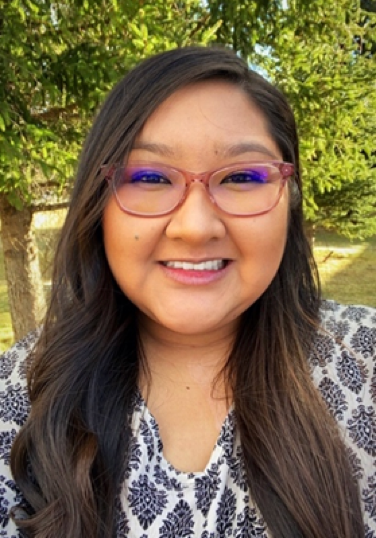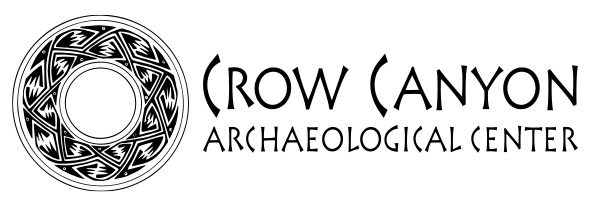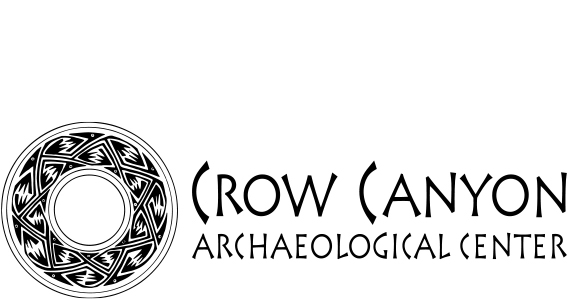Native American Scholars In Residence Program
The Native American Scholars in Residence Program contributes to the development of a more holistic understanding of modern and past Native cultures, trust relations, Native perspectives and interpretations in the disciplines of archaeology, anthropology, education, and American Indian studies. Resident Scholars provide program participants with cultural knowledge, perspectives, and insights to existing curricula for student and adult participants from across the nation.
Applications are now closed. Check back in 2024.
How It Works:
Scholars reside on Crow Canyon’s campus for six nights.
The scholar in residence will participate in field and laboratory activities, classroom teaching (indoor and outdoor), evening program delivery, and brown-bag lunch seminars during the designated program week to facilitate direct interactions with students. The scholar will work with program staff to develop any additional curricula activities—such as field trips, home/community visits, demonstrations, service learning projects, etc.—that will enhance program delivery and experiential learning.
Crow Canyon offers the scholar housing in a modern home, consisting of a living room, kitchen, two bedrooms, bath, and a private, enclosed yard. The scholar will have access to a computer and Internet service and, except for long distance calls, Crow Canyon will pay utilities. Breakfast, lunch, and dinner will be provided from Sunday night through Saturday morning. Additionally, a travel stipend of up to $300.00 (with receipts) and honorarium of $1,200.00 ($200.00 per day for six days) will be awarded.
2023 Crow Canyon Archaeological Center’s Native Scholars in Residence
 Justin Lund (Diné) (he/him/his) of Ganado, Arizona post-doctoral scholar at Northern Arizona University (NAU).
Justin Lund (Diné) (he/him/his) of Ganado, Arizona post-doctoral scholar at Northern Arizona University (NAU).
In Justin’s own words:
Here, as well as being included in the largest concentration of Navajo anthropologists in the world (n=3), I get to assist in building a dynamic and innovative biological anthropology program that will serve students from many backgrounds. NAU has recently received the distinction of being name an Hispanic Serving Institution and we strive to be the premier state college for Indigenous students. Like Crow Canyon’s role in archaeology, the future Lund Microbiome and Molecular Anthropology Lab at NAU will work toward building community relationships, bridging “scientific” and Indigenous knowledges, and training ethical research practices in genomics. Genomics and archaeology are powerful tools that can shape the narratives of people of the past and have real world impacts on descendant communities today. In my opinion, Crow Canyon and NAU are leaders in the field when it comes to defining what an inclusive anthropological practice should look like.
 Mowana L. Lomaomvaya (she/her/hers) is a member of the Hopi Tribe from the village of Hotevilla. She earned a Bachelor and Master of Arts in anthropology with an emphasis in archaeology from Northern Arizona University, and a Master of Legal Studies with a concentration in Indigenous Peoples’ Law and Policy from The University of Arizona. She is a Research Specialist in the Archaeological Records Office at the Arizona State Museum. Lomaomvaya specializes in examining the Native American Graves Protection and Repatriation Act (NAGPRA) and related repatriation policies and implementation. She focuses on analysis of the evolution of NAGPRA since 1990 and movements toward decolonizing and indigenizing archaeology. In her legal degree studies, Lomaomvaya has focused on a variety of issues affecting Indigenous peoples, including diminishing tribal sovereignty and self-determination, rights of Indigenous peoples according to UNDRIP, and analyzing tribal courts systems. Her research and career are focused through her perspective as an indigenous person with close ties to her ancestors and ancestral homelands. Her connection to her culture and identity are a driving force for her dedication and passion in analyzing issues affecting Indigenous communities and care of their ancestral spaces.
Mowana L. Lomaomvaya (she/her/hers) is a member of the Hopi Tribe from the village of Hotevilla. She earned a Bachelor and Master of Arts in anthropology with an emphasis in archaeology from Northern Arizona University, and a Master of Legal Studies with a concentration in Indigenous Peoples’ Law and Policy from The University of Arizona. She is a Research Specialist in the Archaeological Records Office at the Arizona State Museum. Lomaomvaya specializes in examining the Native American Graves Protection and Repatriation Act (NAGPRA) and related repatriation policies and implementation. She focuses on analysis of the evolution of NAGPRA since 1990 and movements toward decolonizing and indigenizing archaeology. In her legal degree studies, Lomaomvaya has focused on a variety of issues affecting Indigenous peoples, including diminishing tribal sovereignty and self-determination, rights of Indigenous peoples according to UNDRIP, and analyzing tribal courts systems. Her research and career are focused through her perspective as an indigenous person with close ties to her ancestors and ancestral homelands. Her connection to her culture and identity are a driving force for her dedication and passion in analyzing issues affecting Indigenous communities and care of their ancestral spaces.
How to Apply:
Deadline: March 19, 2023
Individuals interested in this program will submit an application—including a letter of interest, bio with photo, and a current CV or resume—by April 1st, 2022. Application materials should be sent directly to Dr. Susan Ryan, sryan@crowcanyon.org. Letters of interest should explain the contributions the applicant will make to Crow Canyon’s mission, in particular how the scholar can enhance program delivery utilizing cultural knowledge.
Native American Scholar in Residence will participate in the following College Field School weeks:
(Please specify which week(s) you are applying for in the letter of interest):
- May 22nd – May 28th
- May 29th – June 4th
- June 5th – June 11th
- June 12th – June 18th
- June 19th – June 25th
For more information visit the College Field School webpage:
(https://www.crowcanyon.org/college-field-school)



